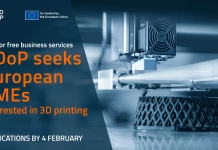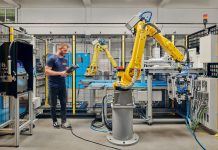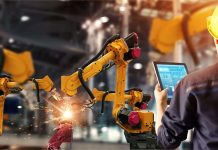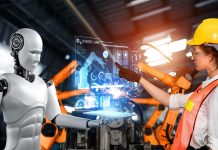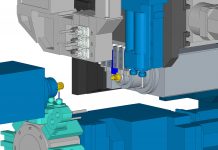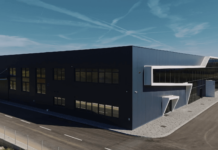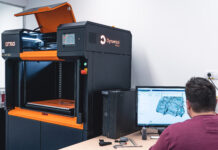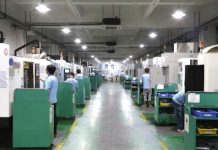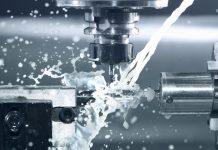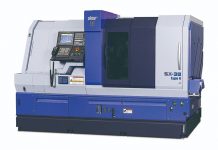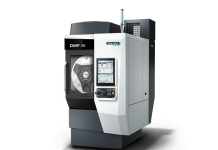After recent reports by the International Federation of Robots (IFR) and the global management consulting firm McKinsey & Co, Tom Bouchier, managing director of Fanuc UK has decided to discuss the state of UK manufacturing.
He said: “As explained in the McKinsey report, Artificial Intelligence (AI) can play a key role in improving the global economy, and it is an opportunity that the UK must grasp. McKinsey suggests that there is likely to be a performance gap between companies that adopt AI tools and ‘non-adopters’, so the benefits will be disproportional.
“Meanwhile, the IFR says there are just 71 industrial robots per 10,000 workers in the UK, putting the UK behind 14 other European countries and resulting in it being the only G7 country with a robot density below the world’s average of 74 units
“In contrast, Germany — Europe’s most automated country — has 309 units; the Czech Republic, the European country that comes closest to the UK’s tally, has 101 units per 10,000 workers.
“It is clear that change is needed. One possible reason for the UK’s ‘low performance’ could be the stigma attached to the use of robotics and unemployment.
“If the UK is to catch up with the rest of the world, it is going to need to adopt more automation in its manufacturing facilities and therefore shift this viewpoint — particularly as Engineering UK reported earlier this year that 265,000 skilled entrants are required each year to meet business demand.
“In addition to the impact on employment, the costs associated with industrial robotics can also be a sticking point for UK manufacturers, for whom affordability and pricing are often the first questions asked. However, industrial robots often aren’t as expensive as first thought; on many occasions, they are paid off in as little as 18 months.
“Moreover, their ability to be reprogrammed means industrial robotics offer long-lasting solutions that go beyond their first use.
“It is clear that manufacturing is a going to be a key asset for the UK, if it is to maintain a competitive edge after Brexit.
“The UK cannot become just a service-industry economy, and change is required before it slips further behind its global counterparts. Therefore, a culture change in the perception of automation and robotic technology is needed.”


